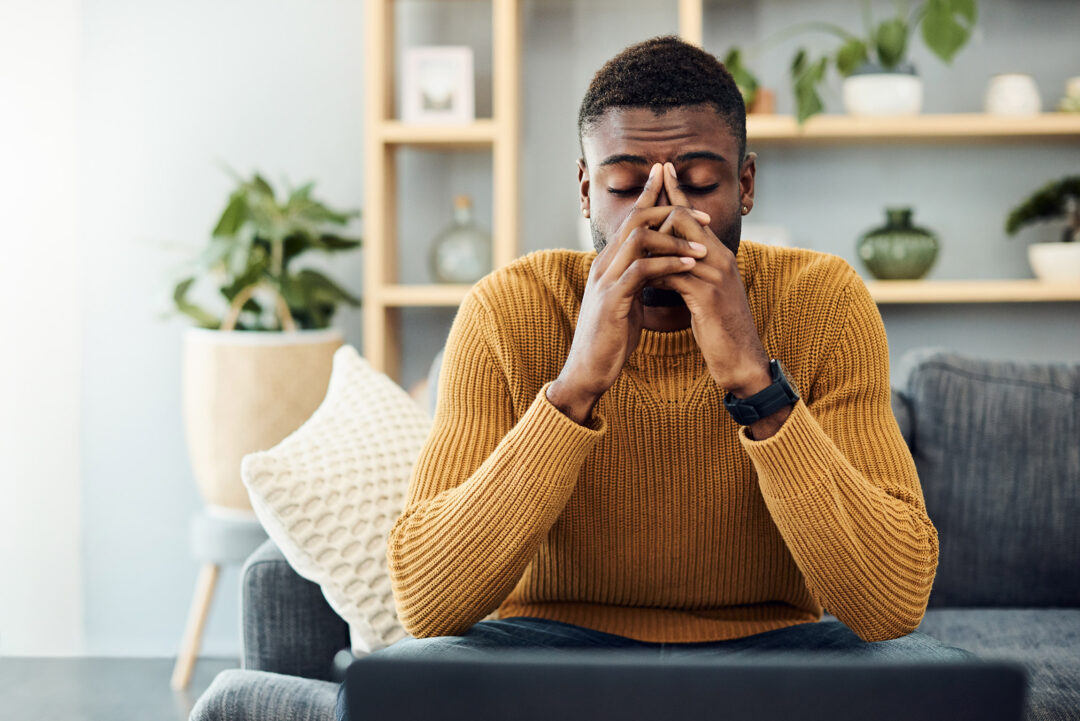We all face social problems. You can be a well-adjusted person and, without fail, you will still come across situations that seem problematic or challenging.
The neighbor above plays loud music late into the evening, keeping you awake.
The boss requests you to take on a project in which you have little to no experience, causing you a high level of anxiety.
You overdraw your bank account after forgetting to account for a new bill.
How we approach these, and other social situations can significantly affect our experiences with others, our world, and our general happiness.
What is Social Problem-Solving?
When you hear “social problem-solving,” do you instantly think about issues you have with others? Do your emotionally distant partner, an overprotective parent, or a supervisor who disagrees with everything you do come to mind?
Certainly, some social problems are people problems. However, many social problems are simply issues we come across in our everyday lives.
To start let’s break down social problems into four simple categories and examples
- Impersonal Problems: You get a flat tire on your way to work.
- Personal Problems: Your depression is affecting your performance at work.
- Interpersonal Problems: Your friend frequently cancels plans on you with little to no notice.
- Community/Societal Problems: The city you live in has increasing levels of poverty and homelessness.
These problems require real-world problem-solving skills. For instance, how would you handle the flat tire? You might call for a tow, stand next to the car trying to flag someone down, or you might get out and change the tire yourself.
Or, you might do something entirely different. We all approach social problems based on our past experiences, wellness, resources, confidence, and support system.
Why is Social Problem-Solving Important?
Think about a problem you had in which you felt you made the wrong decision.
For example, maybe a solution you came up with at work failed to be effective, or you decided not to address a friend who has been distant and now they are angry with you. Making the wrong decision can make you feel shame or hurt, while making the right one can boost feelings of confidence and competence.
But it goes deeper than that. Practical problem-solving skills increase our situational coping, reduce emotional distress, and improve our relationships with others.
Conversely, maladaptive problem-solving skills such as making careless decisions or avoiding decision-making altogether can lead to interpersonal difficulties in relationships, depression, anxiety, and even suicidal ideation.
How Can I Improve My Social Problem-Solving?
Having the skills to approach social problems is critical. There are four crucial steps to social problem-solving.
- Being able to define the problem.
- Finding solutions.
- Choosing a solution.
- Implementing your solution.
Sounds easy enough, right? It can be, but you also need the right mindset. People with positive social problem-solving skills exhibit the following behaviors:
- View problems as challenges or opportunities. It is not always easy to see the positive in a negative situation, but try to see it as an opportunity for growth.
- Belief in themselves. Having self-confidence is crucial. Try to surround yourself with a support system that also believes in your abilities.
- Believe there are solutions to problems. The alternative is giving up. You deserve better.
- Understanding that helpful solutions sometimes take time. Most issues cannot be fixed overnight, and therefore it may take a certain level of resilience on your part to get through the situation.
- Implement solutions promptly. Putting off decisions can only make the problem worse, and it rarely, if ever, solves the issue.
This sounds relatively easy, but our past experiences heavily influence our ability to approach problems and implement solutions. Maybe you are not even sure what the problem is, making it feel impossible to understand and come up with helpful solutions. Therapy can help you work through the decision-making steps, identify any roadblocks and address them in a supportive environment.
If you’re struggling with social problem-solving, Integrative Psychotherapy Group is here to help. Please read more about anxiety therapy and call our office to learn more.


